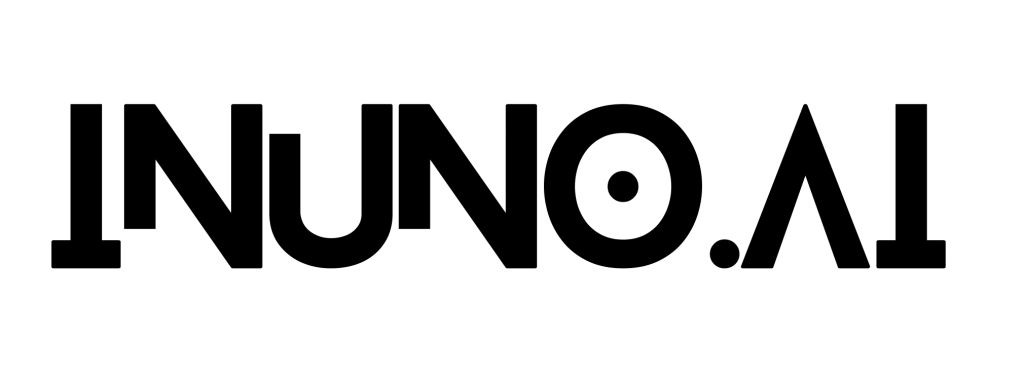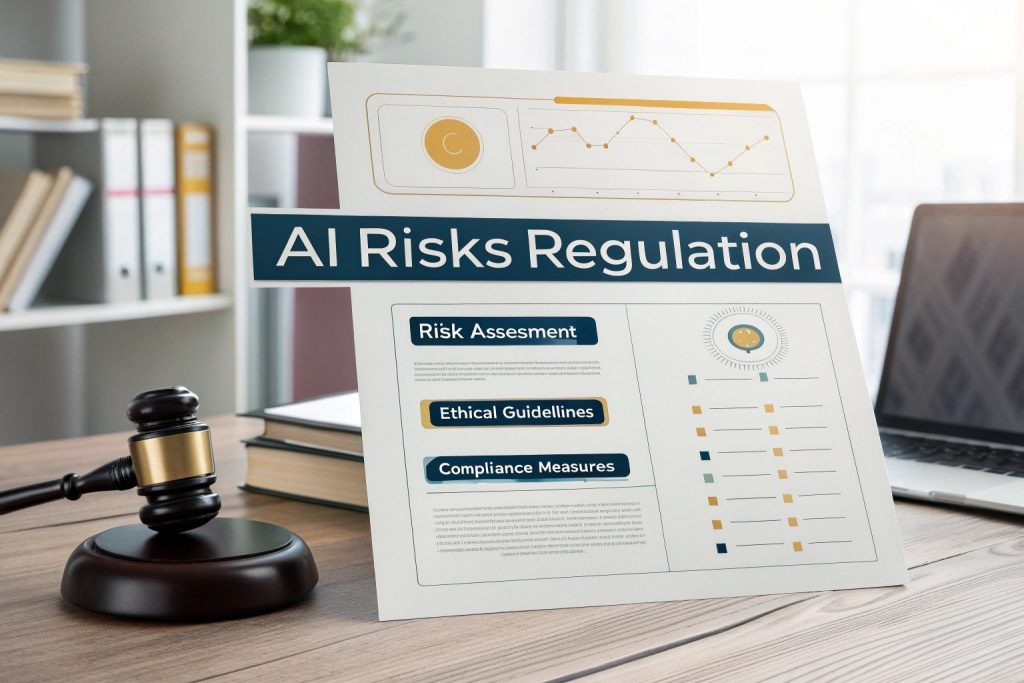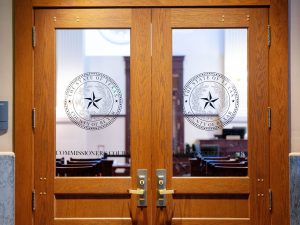U.S. President Donald Trump has rescinded a 2023 executive order enacted by his predecessor, Joe Biden, which was designed to mitigate risks associated with artificial intelligence.
The order had mandated that developers of AI systems with potential national security, economic, or public safety risks disclose safety test results to the federal government before public deployment, leveraging provisions of the Defense Production Act.


Biden’s directive aimed to establish a structured framework for evaluating AI risks, compelling agencies to implement standardized testing methodologies and address vulnerabilities linked to chemical, biological, radiological, nuclear, and cybersecurity threats. The move had been a response to legislative inaction in Congress, where efforts to regulate AI development had stalled.
The Republican Party’s 2024 platform had pledged to dismantle Biden’s AI regulatory measures, asserting that such oversight stifled innovation. The party emphasized an alternative approach that prioritizes AI growth through principles of free expression and human advancement.
The rapid evolution of generative AI—capable of producing human-like text, images, and videos—has fueled both enthusiasm and apprehension. While its capabilities promise transformative efficiency across industries, concerns persist regarding potential job displacement and misuse.
The repeal comes amid new trade restrictions imposed by the U.S. Commerce Department, tightening controls on AI chip and technology exports. Industry leaders, including Nvidia, have voiced concerns over these measures, arguing that they could hamper America’s competitive edge in AI hardware development.
Notably, Trump has not revoked a separate executive order Biden signed last week, which seeks to address the enormous energy demands of AI-driven data centers. The order facilitates the leasing of federal lands from the Departments of Defense and Energy to accommodate the sector’s exponential growth.
Market and Technological Implications
The revocation of AI regulatory oversight is a move toward a more laissez-faire approach, potentially accelerating AI deployment but raising concerns over unchecked risks. Without mandated safety testing, companies may prioritize speed-to-market over security considerations, increasing exposure to AI-driven cyber threats and algorithmic bias.
The decision also impacts global AI competition. Many nations invest heavily in state-controlled AI systems with strict governance models, and the U.S. must balance deregulation with safeguards that maintain technological leadership without compromising security.
Investors and AI-driven enterprises are about to benefit from the deregulation, as it reduces compliance costs and expedites innovation cycles. However, regulatory uncertainty could deter businesses that require stable governance frameworks for long-term AI deployment.
Written by Alius Noreika







